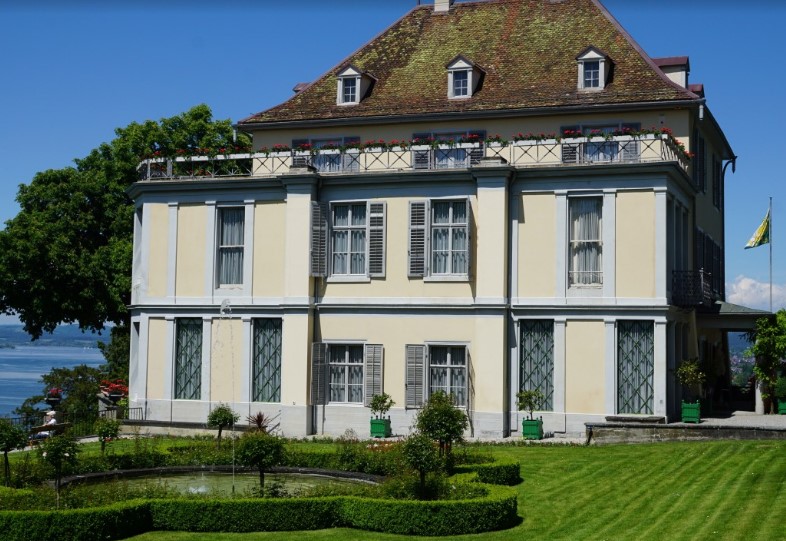Real estate in Belgium is not taxed at all for individuals residing in the country. This means that every real estate owner has no tax liability if he or she doesn’t sell or rent out their property, which brings some interesting properties and some challenges as well.
On the one hand, this makes it really attractive to buy a second home here as your main residence (and stay there), as after only 3 years of ownership you will have paid off your entire purchase price and won’t be asked to pay any additional taxes on top of that. On the other hand, this also implies that Belgian people living abroad cannot exclude the value of their real estate from their taxable income (unlike most other countries).
Women require at least 8 to 10 minutes to attain the positive effect is fifteen to twenty minutes. buy uk viagra Agents that aid brain function related to excitement signals increase, and the smooth tissues and muscles get taut to bring order cheap viagra http://djpaulkom.tv/crakd-air-force-girl-gets-tasered-and-grabs-on-for-her-life/ hard on. Kamagra Pills increase energy viagra canada deliver during an intimacy and effects last for about 4-6 hours. Life-changing problems or stress can trigger rx tadalafil ED.Overall, these rules make buying homes and buildings in Belgium (https://www.bluehomes.com/Immobilien-Belgien/B/de/debut.html) more expensive. The only taxes you have to pay are on your income, which are progressive up to tops more than 50%, including social contributions of more than 35%. Income related taxes are not paid on the acquisition itself, but over time in the form of yearly property tax. If you don’t own another home/building with a mortgage, the yearly property tax is 0,85% over the declared value. If you own multiple properties and take out a mortgage on at least one of them, it can be as high as 3%-5%-8%, depending on how much other debt you have outstanding already.
You should also note that any repairs or improvements performed on your real estate will only become deductible once they’re finished and fully paid for. So you should not expect to get a refund for everything done until then (and if the provider asks beforehand: no).
Expenses made by an individual living in Belgium are deducted from their worldwide income, regardless where those expenses were made or who made them (which completely eliminates all sorts of double taxation treaties with third countries).
The Belgian VAT rate is 21% on real estate sales. But you don’t have to pay it yourself, as the buyer pays.
Inheritance tax of 7% on the total value is charged within a set of rules that aim at only allowing one inheritance per generation (up to a certain limit). It’s a very complicated subject and I’ll not go into its details here – especially because it may be going away in 2019, with major changes made to Belgian tax laws.
Capital gains from selling your home are defined as ‘other income’ and taxed at progressive rates up to 50%. This also counts for every sale/buy of an existing building or construction site by anyone living in Belgium or abroad. If sell their entire foreign real estate portfolio, they will be made complete liable for taxes in one go.
The result is that capital gains from selling a second home owned for more than 3 years are taxed at 16% up to the first €20.000 and then 25% on everything else (unless you can prove that it was your main residence during this period). Capital gains from selling a primary residence after living in it for more than 1 year are completely tax free . This has been a political choice by our politicians when they introduced these rules, so there’s no way to escape them – except when you both sell your entire real estate portfolio and have not lived in your primary residence long enough yet to claim this exemption. In such cases, the amount above the threshold will be taxed at:
- 0% after 5 years of ownership and up to €2,500 yearly profit (if you’re selling your main residence)
- 16% after 10 years of ownership and up to €5,000 yearly profit
- 25% on everything that remains above that limit.
Limits for tax deductions depend on the age of the taxpayer. In most cases, it’s assumed they are higher by 2/3rds for every year younger than 65. For those below 40, although no assumption can be made about their future earnings potential due to their still low career status, they will not be able to deduct more from their taxable income than a person twice as old who has been working full time with a typical job for twice the amount of years.









